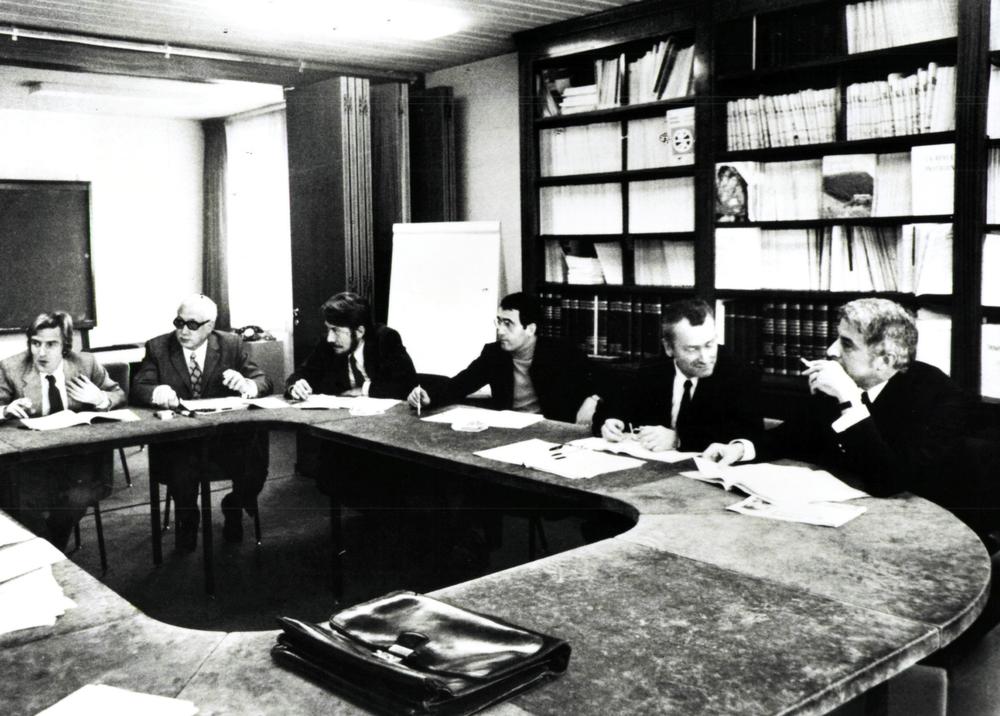The founding
 Caption
Caption
Amid the Parisian upheavals of May 1968, a group of young doctors decided to go and help people affected by wars and major disasters. This new brand of humanitarianism would reinvent the concept of emergency aid. They were to become Médecins Sans Frontières, or Doctors Without Borders – MSF.
In 1968, a team of six set off on an International Committee of the Red Cross (ICRC) assignment to Biafra in Nigeria: two doctors – Max Recamier and Bernard Kouchner – as well as two clinicians and two nurses.
Being thrown into such a bloody conflict was a real shock for these fledgling doctors, who found themselves having to provide war surgery in hospitals that were regularly targeted by the Nigerian armed forces.
Witnesses
Recamier and Kouchner believed the world needed to know about the events they were witnessing: civilians being murdered and starved by blockading forces.
They openly criticised the Nigerian government and the Red Cross for their seemingly complicit behavior.
In the following three years, other doctors began to speak up. They began to lay the foundations for a new and questioning form of humanitarianism that would ignore political or religious boundaries and prioritise the welfare of those suffering.
It’s simple really: go where the patients are. It seems obvious, but at the time it was revolutionary.
'A new medicine'
In 1971, Raymond Borel and Philippe Bernier, journalists from the medical review Tonus issued an appeal to establish a band of doctors to help people suffering in the midst and wake of major disasters.
Recamier and Kouchner, who had been attempting to start an emergency medical-response group themselves, jumped at the chance.
“In the back of our minds was the fact that we’d already done this and we wanted to do it again,” says Bernard Kouchner.
“It’s simple really: go where the patients are. It seems obvious, but at the time it was a revolutionary concept because borders got in the way. It’s no coincidence that we called it ‘Médecins Sans Frontières.’”
Building MSF
Since 1980, MSF has opened offices in over 70 countries and employs over 50,000 people across the world. Since its founding, MSF has treated over a hundred million patients.
From its inception, MSF has proved itself to be unlike any other NGO. MSF remains fiercely independent of both governments and institutions and its lively culture of debate through its association keeps the movement alert to new challenges.


